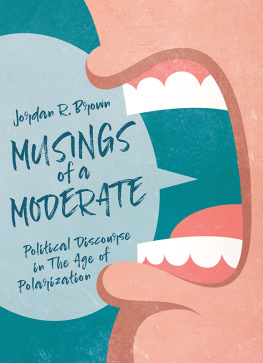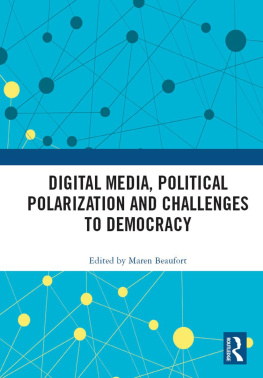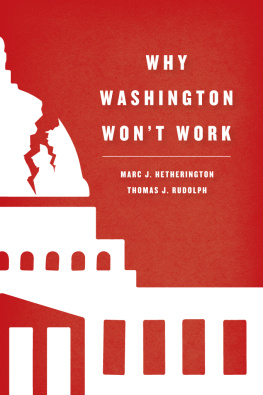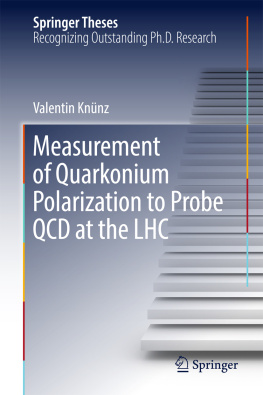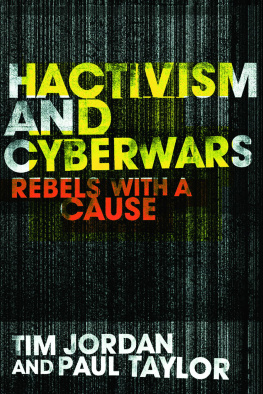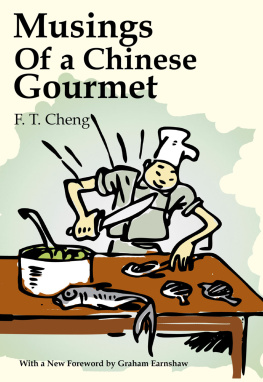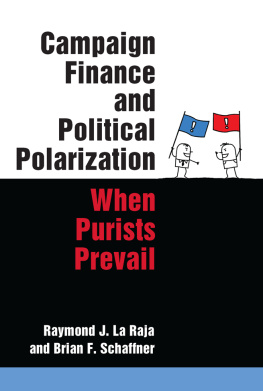Palmetto Publishing Group
Charleston, SC
Musings of a Moderate
Copyright 2020 by Jordan R. Brown
All rights reserved
No portion of this book may be reproduced, stored in a retrieval system, or transmitted
in any form by any meanselectronic, mechanical, photocopy, recording, or other
except for brief quotations in printed reviews, without prior permission of the author.
First Edition
Printed in the United States
ISBN-13: 978-1-64112-031-9
ISBN-10: 1-64112-031-2
CONTENTS
Introduction
On Thoughts and Action
Abortion
Banks
On a Sound Mind
Campaigning
Campus Reform
On Activism
Climate Change
Criminal Justice
On Authority
Deportation
Drug Crisis
On Commonality
Environmentalism
Federal Budget
On Expectations
Genocide
Gun Rights
On Free Markets
Health Care
Higher Education
On Free Speech
Journalism
LGBT Rights
On Justice
Mental Health
Military
On Moral Relativism
Minimum Wage
Police
On Patriotism
Privacy
Public Education
On Personal Conduct
Racism
Separation of Church and State
On Politics
Social Media
Southern Border
On Adversity
Strategic Alliances
Student Loans
On Religion
Taxes and Business
Term Limits
On Skepticism
Trade
Welfare
On Voting
Womens Rights
Conclusion
Being independent is a function of critical analysis, healthy skepticism, and political identity founded on the principles of kindness and reason. Independent thinkers are not merely frustrated partisans seeking a more ambiguous ideology, but rather intellectuals who refuse to allow a political litmus test to dictate their allegiance. The nature of independent politics requires candidates to be considered regardless of party, so individuals with positive intent and a focus on public service have the opportunity to serve in a community-oriented capacity. The United States of America is in desperate need of an antirevolution. This country deserves a deep breath and requires the calming force of moderation to mend the political divide. Opposing sides of the ideological spectrum demand an identical level of hysteria, blind allegiance, and willing suspension of disbelief from their supporters. The criticisms that are leveled in either direction are as ironic and contradictory as a Senate hearing on ethics. Republicans and Democrats have not, and possibly will never, realize that their animosity and ill-conceived policy ambitions are emphasizing the appeal of cooperation in politics. As the truth becomes a fleeting remnant of our imagination, it is time to move forward with policies that are effective and candidates who are transformational. We live in a time of limitless potential, where diversity and the open exchange of ideas will become our strength rather than a source of endless division.
From a practical perspective, independent thinking can become a welcome reprieve from the political hysteria that exists in modern American politics. Instead of individuals assessing facts and data as they become available, opinions are increasingly formulated based on social media trends and behavioral nudges intended to create specific overreactions with the hope that policy makers will relent to the manufactured pressure. Each person has the right to form partnerships or seek ideological harmony with their party or policy issue of choice, but the prevalence of groupthink and intellectual laziness is a dangerous pattern when the stakes are so high. Individuals should use their own unique political perspective to diversify the range of opinions and not allow themselves to be used as a conduit for party manipulation. Encouraging individual engagement through the development of unique preferences will decentralize advocacy coalitions, which have become the modern iteration of lobbying firms. The diffusion of perspectives and opinions will prevent the political and social fever pitch that makes for great headlines but leads to hastily passed policy initiatives that have a higher probability of unintended negative consequences in the future. Independent thinking is a necessity in a functioning democracy, and the pivot toward critical analysis begins by questioning assumptions and relying on verified data to start formulating an accurate opinion.
It is also essential to maintain a sense of self-awareness where each individual who chooses to engage in a political discussion can recognize that no matter how comfortable they feel in their analysis, an opinion can always be found in error as new information becomes available. A willingness to accept or at least acknowledge new information is yet another critical thinking skill that has been lost in the effort to win every argument. The political discourse does not have to be an adversarial collision of ideologies. When two people have a discussion, they are representing a personal perspective, not a party platform, yet when we aggregate all members in a debate, they suddenly become advocacy groups and lose their identity as individuals expressing an opinion. The aggregation of individual thoughts and ideas is merely the employment of a marketing device that allows campaign managers and media outlets to pander to the group they believe will be most receptive to their message. So far, people have been willing to align their unique identity with the group closest to their political persuasion, and the end result is the formation of policy silos that dissuade members from stepping outside the bounds of their rigid ideological preferences. Movement from a party or group allegiance to a system of free expression will reduce the likelihood of persistent negative interactions between individuals whose only contention is a difference of opinion. Being independent is the acceptance that others may have valid ideas and that critical thinking should take precedence over thought assimilation. Similarly, being independent is firmly believing that a variety of diverse opinions is not a risk to the democratic system but instead a threat to consolidated power that seeks to promote uniformity and dilute those who refuse to engage in divisive rhetoric.
Few things are more comforting in a polarized political and social climate than to abandon reality in search of a victim who has been wronged by our opponents. While appreciating the struggles of others is a fundamentally human endeavor, the importance of full self-awareness is an equally admirable mental exercise. An endless deluge of movements, moments, and momentum cannot be so intense in our political will that we abandon the reality of our own lives. The scourge of racism, sexism, and prejudice on a myriad of issues can only be alleviated by the careful negotiation of idealism and reality. In the United States, all voices must be heard, but each individual voice is obscured in the pursuit of misplaced unity. What makes us unique, and allows the cure for social and political strife to be possible, is the selfish pursuit of our own aspirations. Decency and social tranquility are only available to those who represent their unique perspectives to the best of their abilities. Those who forgo their right to protest on behalf of their own grievances lose the passion and clarity to achieve the objectives that will generate necessary change effectively.


